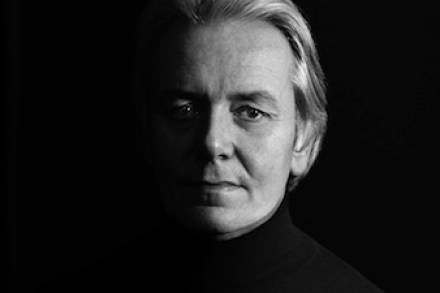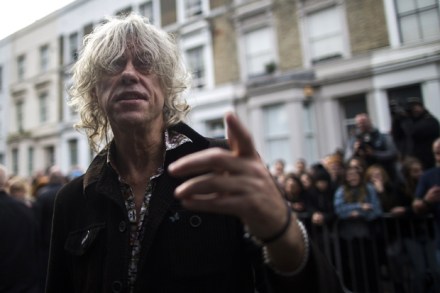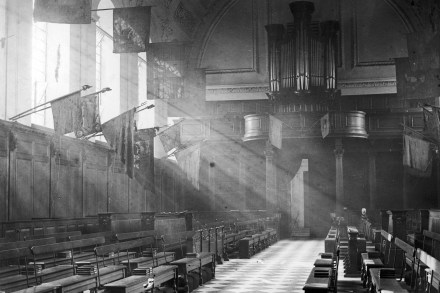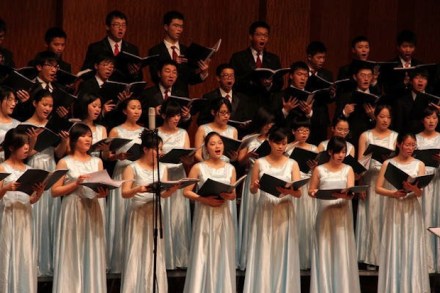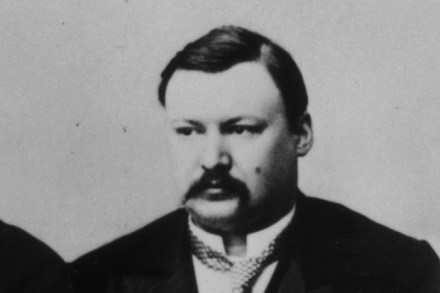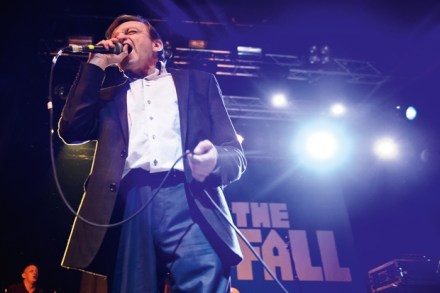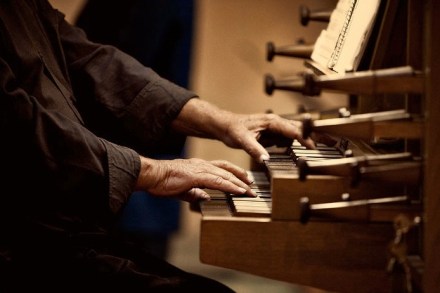Why Church music is back in vogue – and squeaky-gate music has had its day
One of the growth areas of contemporary music is in setting sacred texts. It might be thought that I had a special interest in claiming this, but in fact what I am about to describe represents a sea change in recent practice. Where there was once ‘squeaky gate’ (or ‘dripping tap’) music — as very dissonant writing used to be called — many leading composers are now writing in a style that is at least tonal and can occasionally seem almost naïve. There was a time when the first performance of a recent commission struck fear into the most broad-minded listener. We used to brace ourselves for horror and were


